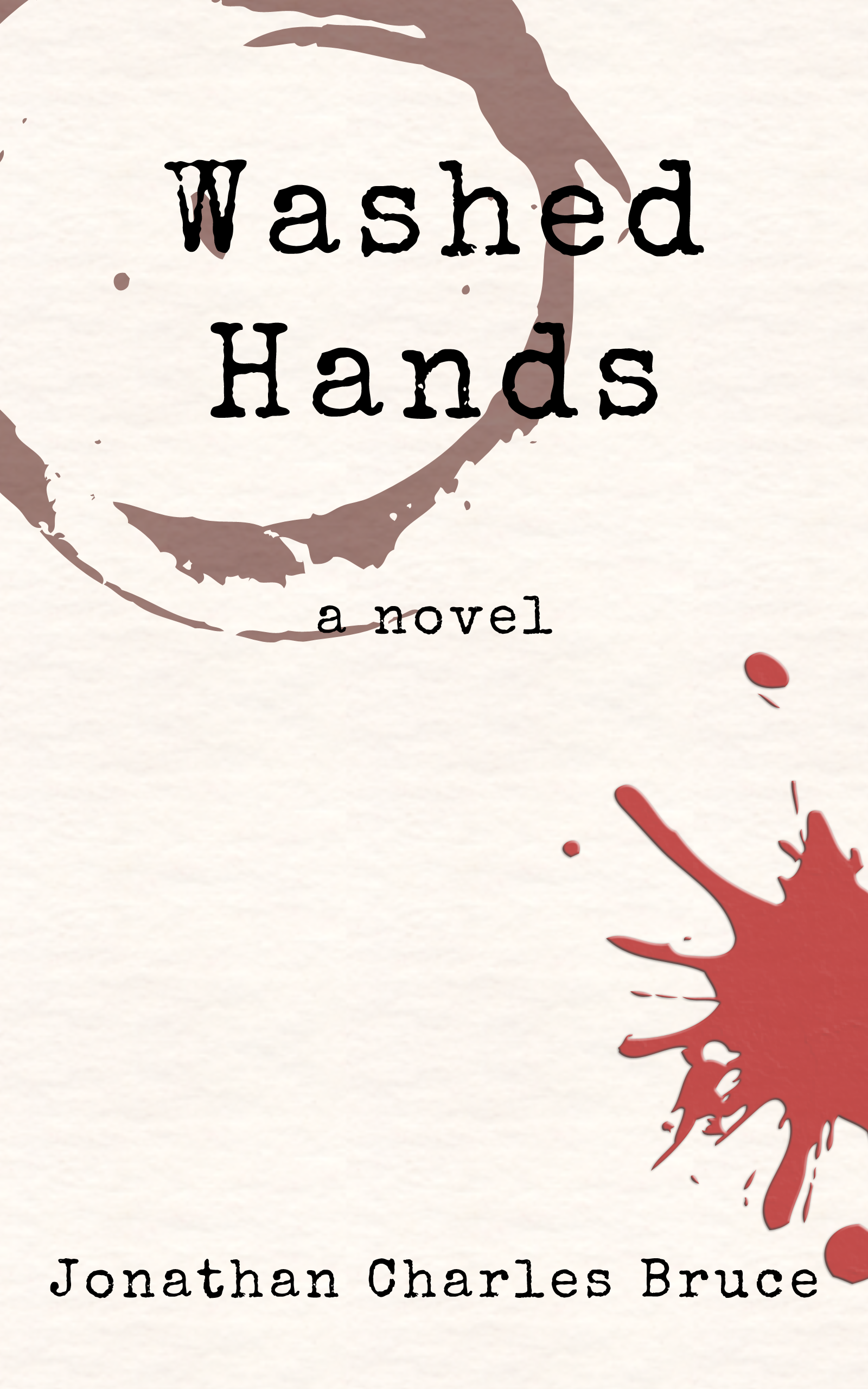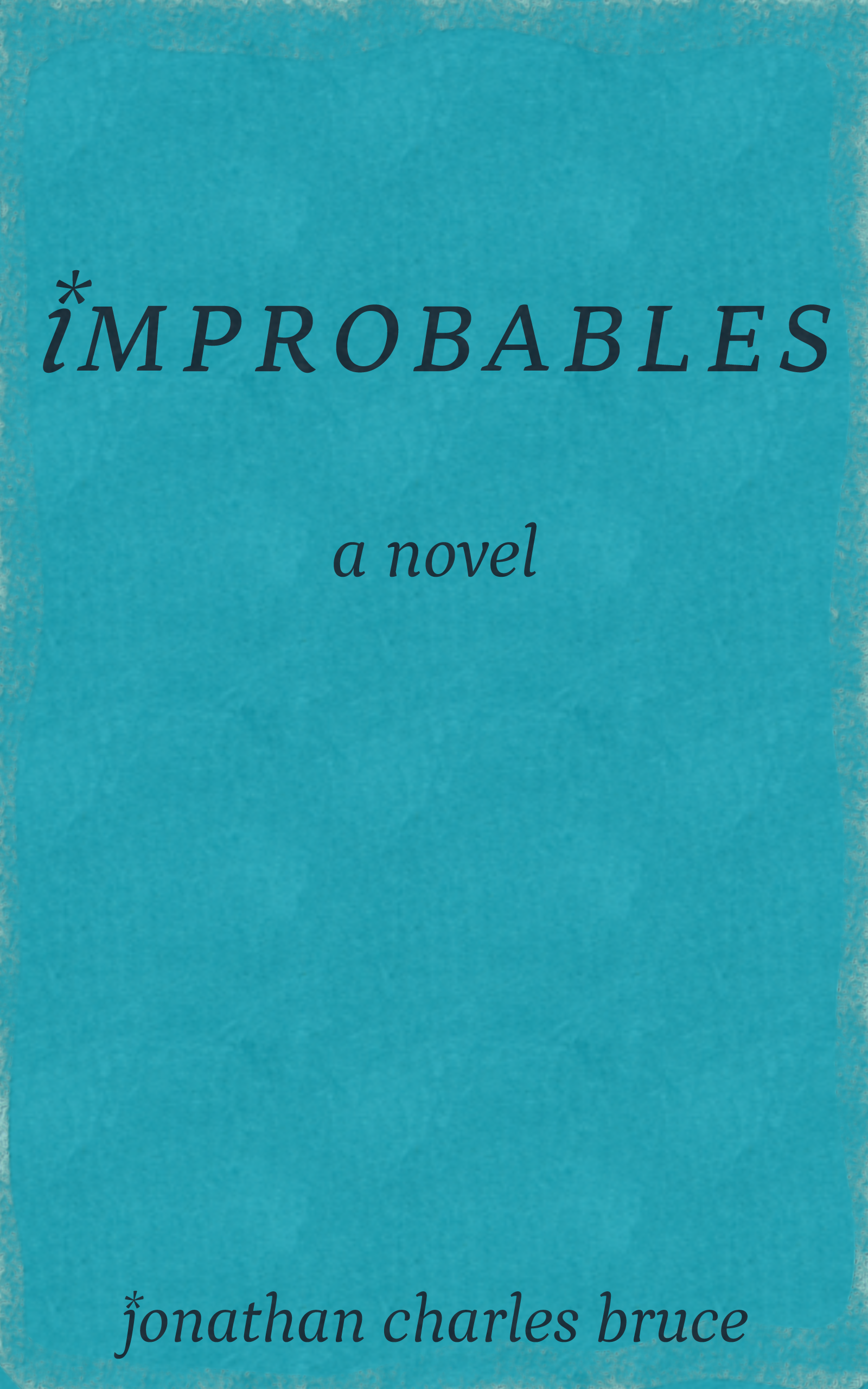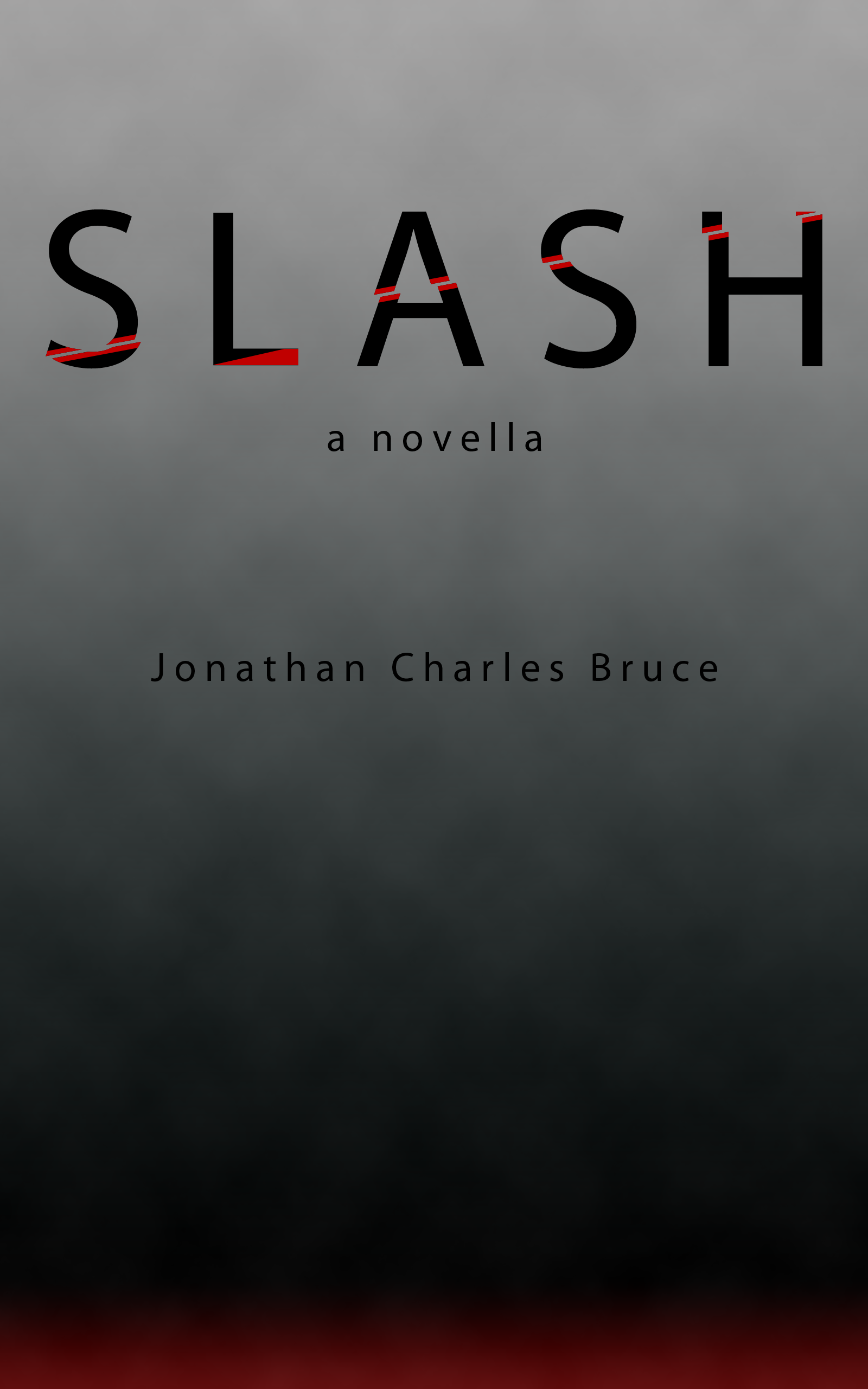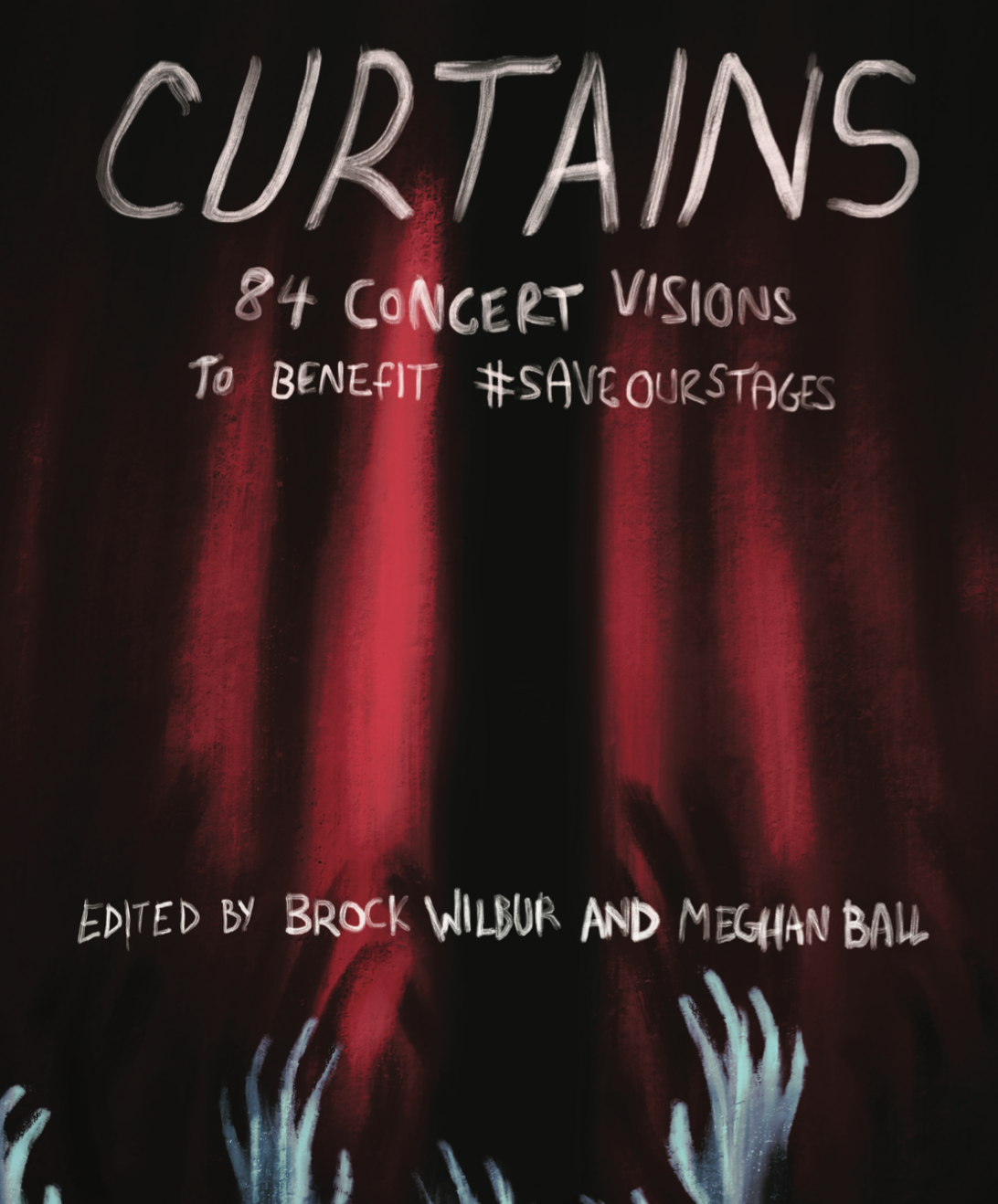Child of Light vs. Frozen
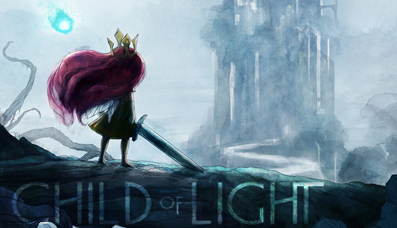
Copyright Ubisoft
Child of Light follows the titular child of light, imaginatively named Aurora, who has fallen sick in our world’s Austria at the tail end of the 19th century. She awakens in the land of Lemuria and is tasked to bring back the sun, moon, and the stars. Along the way, she will battle the forces of the Queen of the Night, make friends with the local population, and grow up. That last part is quite literal – she goes from being a child to a teenager in less time than it takes to sneeze.
I really liked the game. Although it wasn’t nearly as psychotically deep as other computer/console RPGs at a mere eight to twelve hours, I actually appreciated being able to get through the whole story in a single human lifetime. It also helped that the characters were all very charming, feeling like protagonists in a children’s story that are aggressively upbeat but still relatable. None of them wore out their welcome, and even the obligatory “mopey monster with a heart of gold” had a joke.
Aurora in particular is intensely appealing as a female protagonist. She’s driven by love for her family, is driven to despair by the Queen of the Night, and rises again and defeats the darkness. Despite the fact that the story isn’t particularly original, thematically speaking, it’s still an excellently human adventure that builds relationships between characters and the world they’re in. And it’s kind of interesting how, a couple of weeks after Frozen failed to live up to the hype, along comes Child of Light to show Disney how it’s done.
Now, it’s not really fair to compare video games and film. Film will always have a harder time getting its viewers to connect with characters, considering that video games have that interactive element that places agency on the audience. But the story and the characters are more than fair game – after all, they’re appealing to the same emotions in generally the same way. Especially because one particular element, the quest for identity, is central to both story arcs.
In Frozen, Elsa hates herself because she has really sweet ice magic. Well, that and she knocked her sister Anna right the fuck out early in the film. After causing an ice-related environmental disaster, she scampers off to the mountains and decides that she prefers to be alone. Anna goes to fetch her, and Elsa creates an ice golem to chase her out. Then Elsa’s captured by a douchebag trying to take over her throne, she breaks out because of plot contrivance, and is reunited with her sister. She decides that she’s better off being the queen and that’s pretty much it.
Anna, too, isn’t much to marvel at, although she was at least hit with the personality stick a bit more frequently than her sister. She “falls in love” with a prince she just met at the beginning of the film and, after spending time with another guy, decides that she should hold off on the “love” word. She also willingly sacrifices herself to save her sister, which serves to break a magical curse whatsit on her heart.
I realize that I’m not doing justice to the story, but I already did that once anyway. If you want something more thorough, fuck off back there for a moment. Are you back? Good.
Aurora as a protagonist is far more interesting as she grows as a character. Starting off as a scared child, she eventually learns that she is to retrieve the moon, stars, and sun in order to return light to the kingdom of Lemuria. Her main goal is to retrieve the celestial bodies is actually so she can return to her father, the duke, who has fallen ill without his daughter. But as she moves forward with her quest, she meets the residents of the kingdom and learns of their plights, placing the needs of the many above the needs of the few.
Throughout the story, many people see a magical crown on her head and refer to her as “princess”, which Aurora denies repeatedly. Aurora, you see, is honest to a fault – often showing those that refer to her as “princess” the word “faux” inset in the rim. And although it’s heavily telegraphed that Aurora is actually the daughter of the former Queen of Lemuria, she only “earns her crown” after she retrieves the required celestial bodies. Before then, Aurora is quick to remind those around her that she is not deserving of the automatic respect people foist upon her.
It can be tough comparing Elsa’s blatant self-hatred with Aurora’s humility. Both of them have identities and responsibilities forced upon them by others, and both of them reject it. But the manner in which they do so is fundamentally at odds with each other. Elsa nearly frost-murders a bunch of foreign dignitaries (and her sister) just hours before singing about how she’s totally okay with that. And then she starts super-sulking again. It’s all such self-indulgent misery.
And while Aurora rejects the title of princess, she still helps the people she comes across. Now, granted, it’s all for selfish reasons – usually to get one step closer to getting home – but Aurora never comes across as manipulative or rude. One does get the sense that, even without tangible rewards, she’d always be willing to help. Toward the end of the story, too, it has become clear that Aurora is too late to save her father, she continues onward to save the faceless many.
Anna’s even tougher to compare to Aurora, namely because Anna is almost wholly defined by her relationships with men. First, it’s the boy who she has “fallen in love” with. Then, it’s the other cute boy who makes her question it. And while there’s nothing bad about a naïve character being naïve, she’s really not much of anything else. Considering that the whole moral of her story arc is solely “love at first sight is bullshit”, can you really be shocked by this?
Aurora, thankfully, doesn’t have a love interest. And while you could argue that the fact that she wants to return to her father makes her defined by him, you’re clearly an idiot if you do so. Her quest to save him is more about the love of family than anything else. On top of that, the eventual loss of her father means that she has to come to grips with something all of us have to do – grow up. Her story puts her on the path to finding her own place in the world with the gentle guidance of her memories and new friends.
This does put her more directly in line with Elsa, as the ice-master does come to terms with her responsibilities by the end of the film. But it wasn’t really Elsa’s decision by the end of it. She could have (and one could argue, would have preferred) released the country from its endless winter and went on her way. She returns to the throne because a) someone tried to take it over, and b) because she was obligated to do it.
To me, Aurora’s acceptance of her place as a leader seems far more in line with what we know about her. She’s strong-willed, friendly, and likes people. She makes sacrifices for her companions and for the good of others. When she briefly returns to our world, it’s to rescue the remnants of her father’s kingdom from rising flood waters. If she continues to rule, it would be her decision, and not because it was an obligation.
There’s nothing that matches that in Frozen’s Elsa. She becomes the queen because she has to, not because she fought to restore the rightful throne or anything like that. For all we know, neighboring kingdoms learn to rightly fear this new woman, building up their militaries in anticipation of a hostile invading force of frost giants (which she can totally make, by the way). It would actually fit into her personality.
Do you think for one fucking minute that Anna and her redneck boyfriend would be able to stop her? Maybe with a song about the power of love? Ha! I laugh at your attempt to Disney-fy this. No, Elsa’s reign would be as bloody and horrifying as King Joffrey, if that little shit had been competently evil instead of stupid. And when Anna and dipshit have been thrown in the ice gulag for treason, it’s going to be Aurora who bursts in, kills the evil Elsa, and saves the goddamn day.
Well, damn. I may have talked myself into wanting to see a Frozen 2 now.
< PREVIOUS ENTRY • NEXT ENTRY >
Advice • Fiction • Gaming • General Musings • Reviews


